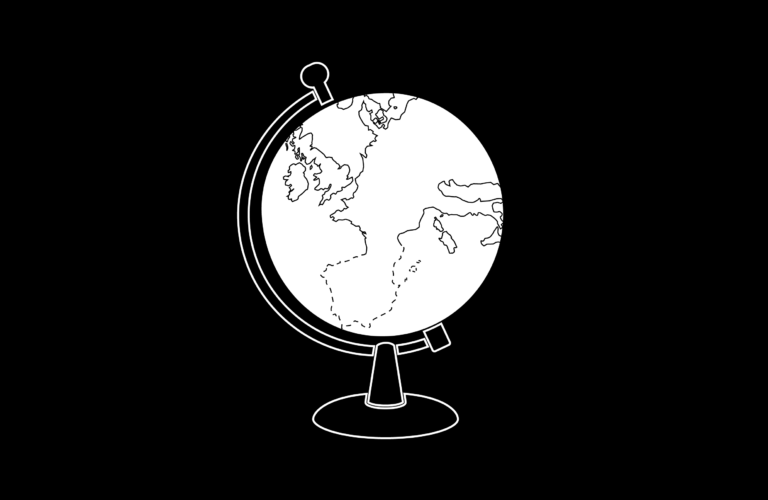By Joaquín Mirkin
"If you're not sitting at the table, you're probably going to be on the menu." Common phrase in the world of Public Affairs, in Washington. What does it mean? Well, power and influence are key to making decisions; and if not, you are in a certain irrelevance, where others decide.
Spain today is a developed country, with notable incomes, safe and stable, fully integrated into Europe.Its economic and social progress in recent decades is exemplary. The country has gone global, expanding its companies throughout the world, especially in Latin America, and has gained the prestige and reputation of a developed country, a good place to live, visit and invest.
Pese a sus relevantes logros -en un período corto de tiempo-, es evidente que el país precisa mayor innovación, expandir su ecosistema emprendedor, profundizar la digitalización y avanzar en la transición verde. Para ello, no sólo requiere de acometer transformaciones internas sino aumentar su capacidad de proyectar influencia internacional.
The United States and the People's Republic of China make up the backbone of current geopolitics. Bilateral trade has reached a record $700 billion in 2021. The pandemic has expanded the Capitalism of the Fourth Industrial Revolution towards the greatest global economic integration in History.
The difficulty is that "with no countries willing or able to provide global leadership, the world is a mess," explains Eurasia Group in its latest report on Global Risks 2022. We face an international scenario in which risks proliferate. It is enough to observe the international management of the pandemic and the responses to Climate Change; or cases of a different nature, without a common approach, such as Iran, Ukraine, Taiwan, Venezuela and Kazakhstan.
In "Spain in 2022: perspectives and challenges of influence and external image", the Elcano Royal Institute makes a detailed analysis of the country's image, which remains high, despite a certain decrease in the pandemic. Spain has prestige, however, beyond a specific government, its influence is at least improvable.
The tense internal political climate, the discontinuities in foreign action, and a decade of austerity explain the loss of influence, according to Badillo, González Enríquez, Molina and Tamames, analysts at the Elcano Royal Institute."Spain still does not converge with the spending on foreign and security policy made by the European countries of reference", they point out.
Although the bilateral relationship between Madrid and Washington, Beijing or Brussels is good, it gives the impression that the ties could improve much more, becoming political-strategic. Geopolitical empty spaces not only point out weaknesses, but also indicate where possibilities lie.
In this sense, the Washington-New York binomial is key. It is an inescapable pole of power.Educating the federal government, legislators, think tanks and business chambers, the media, investors, communities of enormous importance -such as the Latin and the Jewish- about what Spain is in 2022 and showing its multiple positive attributes is strategic. The cities and autonomous communities should also exert influence there.
As for Brussels, despite its difficulty in forming an autonomous military force (at least for now, as we have already written in this Gray Scale), it is a direct decision-making pole, not just a regulator of practically all vital issues for the country, but also a framework of regulatory power of global prestige. As for the People's Republic of China, with a population of 1,400 million inhabitants, it is present and future. In 2035, it will have a GDP per capita of 30,000 dollars per year, tripling current levels, and will thus become the world's largest market.
España precisa liderar nuevas acciones (estratégicas, vitales) para convertirse en puente entre Washington, Bruselas y los países más importantes de América Latina (y desde esa triple conexión, ante China). Para ello, es imprescindible mayor inversión y liderazgo en dos ejes fundamentales: Comunicación y Relaciones clave, que permitan el forjamiento de nuevas alianzas y el acceso a los responsables de la formulación de políticas en un mundo en cambio constante, para estar sentado a la mesa.
The examples of political-institutional (and digital) leadership and influence from Germany, Canada, Japan and Israel are sobering. These virtuous cases are achieving a transformational leap in their economies at the domestic level, accompanied by greater action and effective international influence.
This article was originally published on the blog of the consulting firm Torres y Carrera, Consultores de Comunicación, el 14 de enero de 2022. Más información here.


